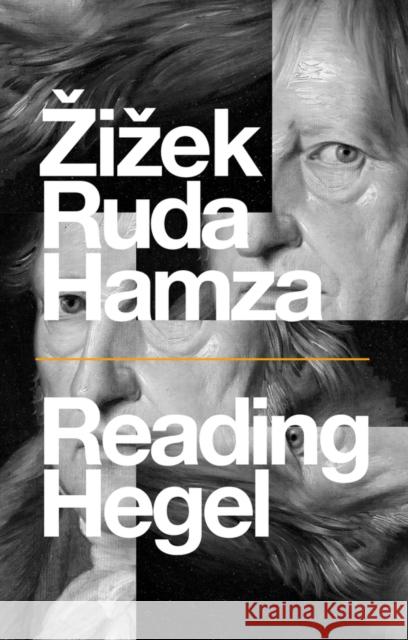Reading Hegel » książka
topmenu
Reading Hegel
ISBN-13: 9781509545896 / Angielski / Twarda / 2022 / 216 str.
Reading Hegel
ISBN-13: 9781509545896 / Angielski / Twarda / 2022 / 216 str.
cena 256,73
(netto: 244,50 VAT: 5%)
Najniższa cena z 30 dni: 254,63
(netto: 244,50 VAT: 5%)
Najniższa cena z 30 dni: 254,63
Termin realizacji zamówienia:
ok. 30 dni roboczych.
ok. 30 dni roboczych.
Darmowa dostawa!
Kategorie BISAC:
Wydawca:
Polity Press
Język:
Angielski
ISBN-13:
9781509545896
Rok wydania:
2022
Ilość stron:
216
Waga:
0.41 kg
Wymiary:
21.79 x 14.0 x 2.21
Oprawa:
Twarda
Wolumenów:
01
Dodatkowe informacje:
Bibliografia











